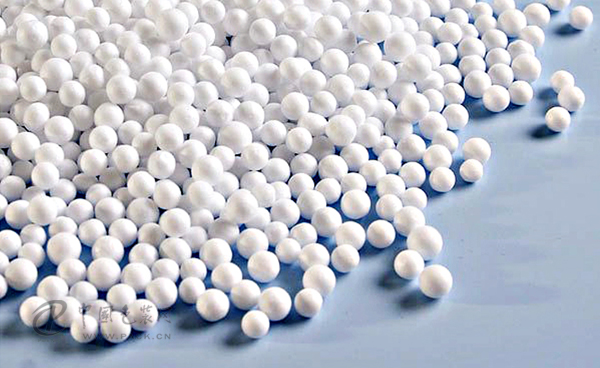The lightest packaging materials available polystyrene retail is not optimistic
2018-05-07 09:00:47
How do companies need to be able to keep up with the rapid changes in management regulations and bans on certain popular materials?
In the United States, more than 50 styrofoam bans are being implemented in the food packaging industry, and more and more regions are taking these bans a step further by postponing retail time in the market.
On the West Coast, some of California’s administrative regions have influenced the retail industry by extending the effective period of the ban in the past few years.

details as follows:
1. Capitola City: Regulation No. 964 amends the city’s municipal laws and prohibits retailers or discount stores from profiting from the sale, lease, or other provision of Styrofoam products. Even Styrofoam is in a more durable, non-polystyrene product that is not sealed. In addition to food packaging containers such as cups, plates, bowls and trays, this regulation also applies to polystyrene-containing coolers, freezers, refrigerators, swimming pools or beach toys and other packaging materials.
2. The City of Santa Cruz: The applicable urban and rural regulations passed in 2012 amended the ban on expandable polystyrene in the food service industry and expanded the scope of the ban, including cups, bowls, plates, snack boxes, cutlery, coolers. , refrigerators, shipping boxes, containers or other materials made from expandable polystyrene.

3. Richmond City; Richmond City has also extended the scope of [Polymer] polystyrene bans, and the use of the ban does not apply only to the food service industry. In the latest regulations passed in January 2014, all retail methods are prohibited from selling, renting or providing related products like cups, plates, bowls, blister boxes, coolers, hamburger boxes and other types of food packaging containers or All packaging materials consisting of primary packaging material expandable polystyrene.
4. Sunnyvale: Unlike other jurisdictions in California, which expand the ban on food packaging containers, Sunnyvale has banned retailers of food packaging containers. Since April 22, 2014, the city has banned the retailing of expandable polystyrene boxes and cutlery for convenience foods.
At the same time, the prohibition order also has a tendency to spread to the entire U.S. Commonwealth. In the winter, Watsonville, Los Altos, and Ojai town have all expanded the scope of sales of expandable polystyrene products.
5. Ojai Town: Coolers, freezers, cups, bowls, plates, blister packs, shipping boxes, containers, cutlery, and other non-sealed products containing plastic foam/[polymer] polystyrene The prohibited products of the regulations passed on January 1, 2014.

6. Los Altos: Starting on June 4, 2014, plates, trays, cups, bowls, boxes with lids or links (blister boxes) and expandable polystyrene coolers or freezers Boxes that are not sealed in more robust materials will be completely banned from sales.
In addition, Manhattan Beach, which has been implementing the ban for many years, is also waiting for an appropriate time to introduce new amendments to prepare for the expansion of the scope of the ban, not just catering containers, but also coolers and freezers.
With changes in the concept of legislation and more and more regions have made expansion of the scope of expandable polystyrene products and suppliers ban, retailers need to pay attention to this to ensure that the in-store products are not within its prohibition. Otherwise, it will be fined, and in some cases if there is no change in teaching, the business license will be revoked.

| | | | | | | | | | | | | | | | | | | | | | | | | | | | | | | | | | | | | | | | | | | | | | | | | | | | | | | | | | | | | | | | | | | | | | | | | | | | | |
http://www.nsbcflooring.com